Healthy Hydration: A Look at Beverage Innovation Trends
Here’s a closer look at the top trends driving beverage innovation in 2020:
Focus on body and mind
Kathy De La Bastide, Group R&D Manager at Chaucer Foods, observes that many current trends can be attributed to consumers’ growing focus on overall wellness. Consumer preferences are now, more than ever, driven by the motto, ‘you are what you eat’ and this has transformed the beverage market.
For example, sparkling waters infused with natural fruit flavors or fruit powders have gained popularity as a healthier alternative to sodas and juice drinks that are high in added sugar and artificial flavorings. Data from Euromonitor shows that retail sales for carbonated and flavored waters have grown 88% and 72% respectively since 2012, while traditional soda drinks have seen only 8% growth
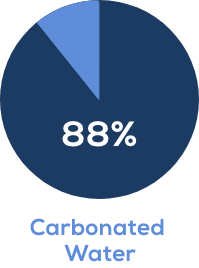
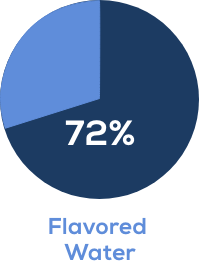

Beyond the flavor basics
As consumer tastes have evolved, the single-flavored beverage products that once dominated the market have given way to a variety of new and innovative flavor combinations.
“Brands today are more willing to experiment with our four senses of taste – bitter, salty, sour and sweet – and some are even going as far as to incorporate what in Japanese cuisine is considered the fifth taste – umami,” explains De La Bastide.
In sour flavors, brands are exploring subtler tones that can be obtained from ingredients like acai and kiwi. Sweet preferences have been enhanced to include ingredients like dragon fruit and Fuji apples, which provide more elegant tones of sweetness to any beverage. With juiced vegetables like broccoli and kale becoming increasingly popular in green smoothies, bitter tastes in drinks are also positioning themselves as a staple.
Taking a cue from the popularity of the Bloody Mary, beverage manufacturers are experimenting with more salty and spicy flavors in cocktails. Umami tastes have also caught the attention of the most creative chefs and food scientists, who continue to experiment with flavors derivative of mushrooms and other eclectic and exotic ingredients. This is a fairly new trend in the western market, and Chaucer Foods will continue to be at the forefront of these developments.
Botanical ingredients in the spotlight
Botanical ingredients are in demand across both alcoholic and non-alcoholic beverage categories for their health-promoting and mood-boosting qualities.
“A new development, perhaps stemming from a faster-paced lifestyle and increased globalization, is the use of teas and other beverages that include herbs and spiced elements to promote relaxation and provide health benefits,” says De La Bastide.
“These include chamomile, hemp, and traditional ingredients coming from non-western cultures and ancient traditions, which add new and interesting flavors.”
Other trending ingredients include:
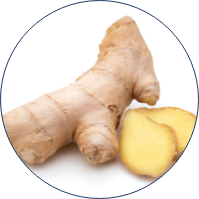
Ginger
Shown to aid in digestion and have immunity-boosting benefits
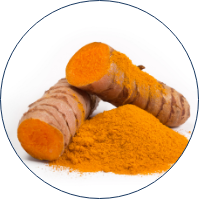
Turmeric
A potent anti-inflammatory and antioxidant that may also help improve symptoms of depression
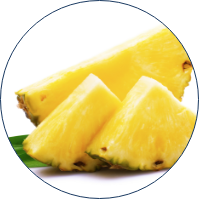
Pineapple
Provides disease fighting antioxidants
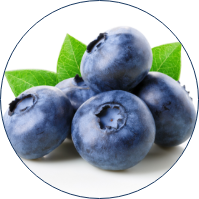
Blueberry
Rich in antioxidants, potassium and Vitamin C

Jasmine
Thought to promote heart health and boost brain function

Kale
A rich source of essential vitamins, minerals and nutrients
Given these trends, Chaucer’s freeze-dried fruits and vegetables align perfectly with new, healthier beverage formulations. Available in a variety of presentations – from kiwi and dragon fruit to kale and broccoli – freeze-dried ingredients can be used to decorate or infuse beverages with natural colors and flavors. This allows product developers more versatility in crafting innovative beverage experiences that resonate with consumers’ evolving preferences.
Learn more about how to use freeze-dried ingredients in beverages, or contact us today at customer.services@chaucerfoods.com.
Whether you’re working on something new or reformulating to meet new guidelines, our team can work with you to find a solution that adds value.